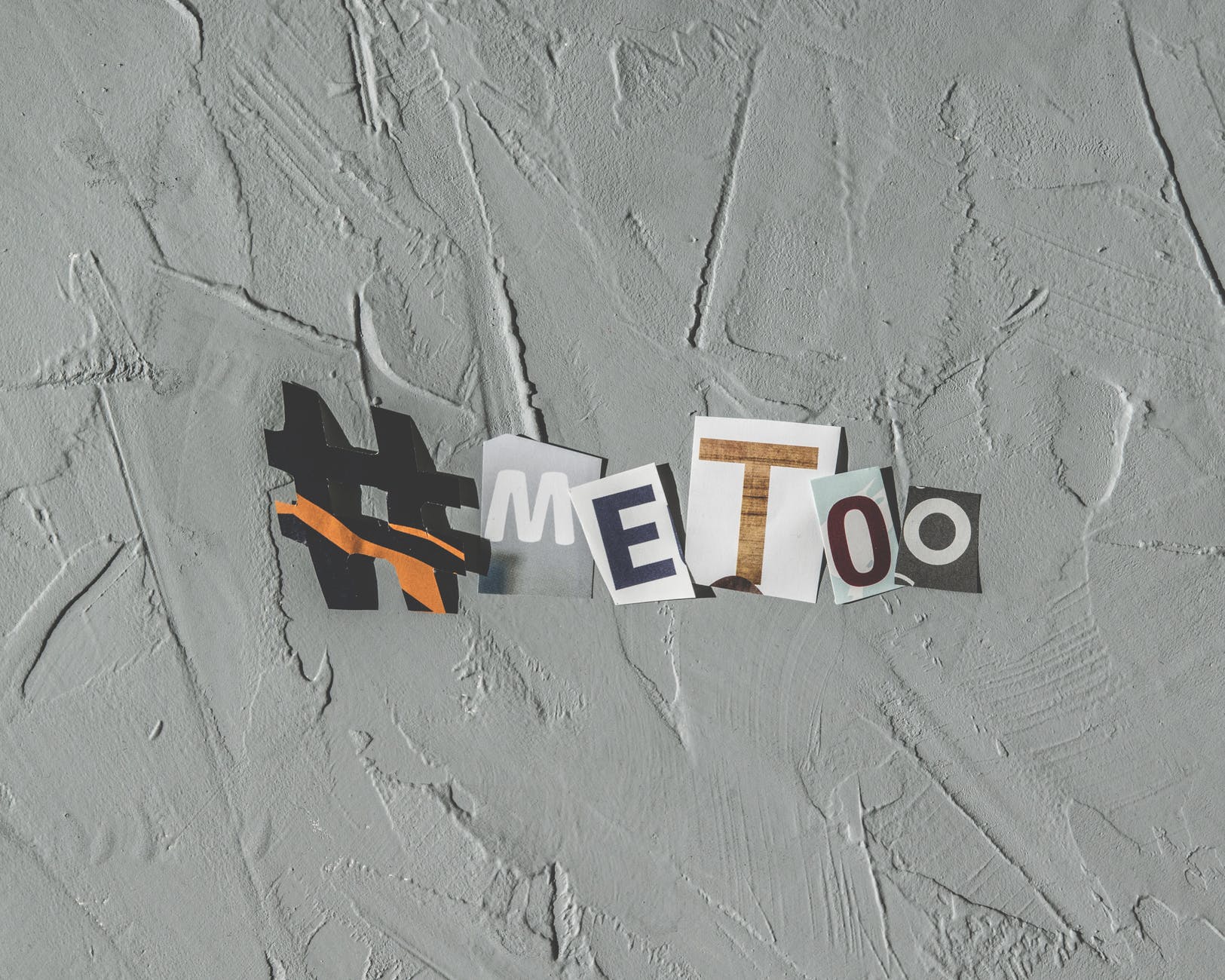Psychology defines toxic masculinity as traditional cultural masculine norms that can be harmful to men, women, and society overall; this concept of toxic masculinity is not intended to demonize men or male attributes, but rather to emphasize the harmful effects of conformity to certain traditional masculine ideal behaviors such as dominance, self reliance, and competition. This concept teaches men that there are only two types of behaviors, acceptable and not. It becomes a strict adherence to preconceived gender roles. Some of the best places to see this played out, and often the most problematic, in the workplace.
Harvard Business Review offered research to show that toxic masculinity hinders both women and men and undermines the bottom line. It promotes hyper masculine traits such as emotional toughness, physical stamina, and ruthlessness, created a scenario of “winner-take-all competition.” It is in places like this where discimination of all kinds festers. Even simple things like work/life balance are often looked upon as a weakness. The environment becomes hostile and more often times it can leave those not in the “good ole boy” crowd feeling left out or marginalized, as is the case in the Pixar SparksShorts below.
Unfortunately, toxic masculinity has shaped so much of the workplace that often times it goes unnoticed by leaders in the company. This can in turn lead accidentally promoting it. Toxic masculinity has negative effects on men and often leads to homophobia and misogyny. Some examples that can be seen are anti-femininity, achievement focused, the appearance of weakness, and risk taking. If anyone in an office setting.
Earlier this year, Fox News anchor Tomi Lahren said on Twitter, “I just don’t get this ongoing and continual assault on masculinity by the left. You can be a proud part of the LGBT community and movement without attacking traditional men and marriage at every turn.” This quote was in response to Billy Porter wearing a dress at the Oscars. This shows how pervasive toxic masculinity has become and that is not only affects just men. In response to her post, @pippenWithAn_N responded, “… f masculinity itself wasn’t the fragile construct that it is, it wouldn’t be concerned or bothered by this.”
Toxic masculinity goes well beyond the workplace and is much more pervasive in other aspects of life, so much so that is is barely noticed. We see it in word choice, our interactions with people, and our opinions of others. The LGBTQ community is affected by it as well, think about the terms like masc for masc or straight acting. We can hear it when we say a lesbian is butch or manly. We have convinced ourselves of this ideal of what it means to be masculine or feminine and it has effects on how people view trans people. Our perceptions of what a gender should look like based on a societal held phallacy is ridiculous. It is less based on the perceived ideal and more about power, power that is exerted over another.
America, in particular, is a patriarchal society that teaches men to emphasize strength and repress all emotions other than anger or rage. Those are lauded as being acceptable forms of masculinity. It the same standard that says men who sleep around are manly, but women who do are “sluts.” To be the person who points people for their bad habits and says “look at me, I am different,” you are still part of the problem. Just because you are part of a collective progressive space or community does not mean that you, yourself, are immune to the issues. You should be advocating for the change and working to ensure that your own efforts reflect the ideal of which you say you have.

Harassment is the largest form of toxic masculinity. Pressuring someone to give you a chance when they have said no, groping someone you are attracted to, saying that the clothing someone where is inciting a response from others, not accepting the word no because you feel you can change their minds are all examples of the power play that is toxic masculinity. And many just laugh it off as a “boys will be boys” mindset, this is unacceptable.
This baked in ideal of our society doesn’t allow us to see that many minorities feel a sense of being on guard all the time. These are people who feel unsafe walking down the street, down a dark hallway, through a parking garage to their car, or just having a conversation. This is the negative side of this toxic culture. It creates an environment where so many are marginalized without the larger group understanding the how’s or why’s of it.

Toxic masculinity stems from entitlement, whether it be sexual entitlement or feeling that you are better than someone else because of X,Y, or Z. No one particular person is owed anything because of their status or gender. You arent owed sex, a promotion, more money, or dominance over another person, simply because you are a male. Gone are the days of tribal living where who ruled the rest was based on a strength contest and whose genes were passed on based on who could impregnate the women first. As people we need to be more cognizant of the word choice, actions, and thoughts we have on how we interact with other people. This isn’t advocating wishy washy mindset, only to be thoughtful of your interactions with others.
It comes down to this, it isn’t about our well placed intentions or what we think we know, we need to own our ideals about the world and how we interact with those in it. We need to be taking action to prevent the perpetuating status quo mindset we have and work to change our mindset to be more tolerant and open to change. Toxic masculinity affects us all, we need to be mindful of what image we project to others and the effects it has.

